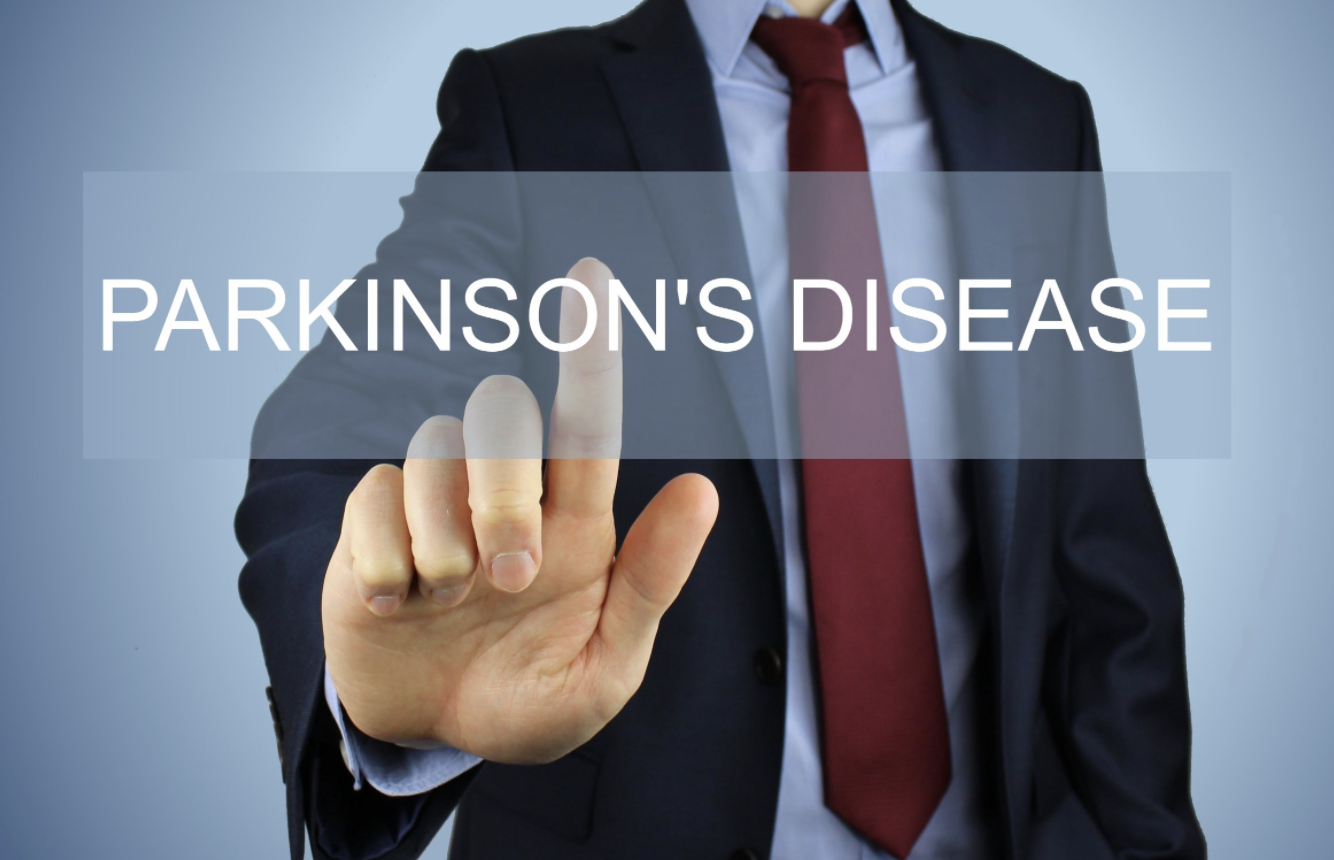WKMG ClickOrlando, ALTAMONTE SPRINGS, Fla. – At the age of 35, Todd Stewart was training for a half marathon when he started down a road that would lead to a long-held secret.
“I didn’t want it to be held against me in any way, so yeah I did try and keep it a secret as long as I could,” Stewart said.
He remembered back 10 years ago to the first signs something felt different. Stewart was a runner and had been training for a half marathon.
“I was kind of like, I don’t want to say freezing, but it was like things were kind of stiffening up,” Stewart said.
A few months later he noticed a small tremor in his left hand.
“I mean the only thing I knew at that time was Michael J. Fox had it.”
Initially, Stewart said, it just seemed like he had had too much caffeine or soda, but he decided to ask an orthopedic specialist to check out the tremor. With no results, Stewart decided to see a neurologist, and within minutes he had a diagnosis.
“It was the first time I met the doctor, and within two or three minutes, they were like, ‘So how long have you had Parkinson’s?’ I was like is this real? It felt very surreal,” Stewart said.
The neurologist told Stewart a visual analysis of his symptoms was enough to make a diagnosis, although they did extra follow-up testing to confirm Parkinson’s Disease. Stewart said before his diagnosis he knew very little about early onset Parkinson’s disease.
Some of his symptoms were failed dexterity drills and failure to swing his arms as easily when he walked.
What Causes Parkinson’s disease?
MAYO CLINIC – In Parkinson’s disease, certain nerve cells (neurons) in the brain gradually break down or die.
Many of the symptoms are due to a loss of neurons that produce a chemical messenger in your brain called dopamine. When dopamine levels decrease, it causes abnormal brain activity, leading to impaired movement and other symptoms of Parkinson’s disease.
The cause of Parkinson’s disease is unknown, but several factors appear to play a role, including:
Genes. Researchers have identified specific genetic mutations that can cause Parkinson’s disease. But these are uncommon except in rare cases with many family members affected by Parkinson’s disease.
However, certain gene variations appear to increase the risk of Parkinson’s disease but with a relatively small risk of Parkinson’s disease for each of these genetic markers.
Environmental triggers. Exposure to certain toxins or environmental factors may increase the risk of later Parkinson’s disease, but the risk is relatively small.
Researchers have also noted that many changes occur in the brains of people with Parkinson’s disease, although it’s not clear why these changes occur. These changes include:
The presence of Lewy bodies. Clumps of specific substances within brain cells are microscopic markers of Parkinson’s disease. These are called Lewy bodies, and researchers believe these Lewy bodies hold an important clue to the cause of Parkinson’s disease.
Alpha-synuclein found within Lewy bodies.
Although many substances are found within Lewy bodies, scientists believe an important one is the natural and widespread protein called alpha-synuclein (a-synuclein). It’s found in all Lewy bodies in a clumped form that cells can’t break down. This is currently an important focus among Parkinson’s disease researchers.
Risk factors
Risk factors for Parkinson’s disease include:
- Age. Young adults rarely experience Parkinson’s disease. It ordinarily begins in middle or late life, and the risk increases with age. People usually develop the disease around age 60 or older.
- Heredity. Having a close relative with Parkinson’s disease increases the chances that you’ll develop the disease. However, your risks are still small unless you have many relatives in your family with Parkinson’s disease.
- Sex. Men are more likely to develop Parkinson’s disease than are women.
- Exposure to toxins. Ongoing exposure to herbicides and pesticides may slightly increase your risk of Parkinson’s disease.
Complications
Parkinson’s disease is often accompanied by these additional problems, which may be treatable:
- Thinking difficulties. You may experience cognitive problems (dementia) and thinking difficulties. These usually occur in the later stages of Parkinson’s disease. Such cognitive problems aren’t very responsive to medications.
- Depression and emotional changes. You may experience depression, sometimes in the very early stages. Receiving treatment for depression can make it easier to handle the other challenges of Parkinson’s disease.
- You may also experience other emotional changes, such as fear, anxiety or loss of motivation. Doctors may give you medications to treat these symptoms.
- Swallowing problems. You may develop difficulties with swallowing as your condition progresses. Saliva may accumulate in your mouth due to slowed swallowing, leading to drooling.
- Chewing and eating problems. Late-stage Parkinson’s disease affects the muscles in your mouth, making chewing difficult. This can lead to choking and poor nutrition.
Sleep problems and sleep disorders. People with Parkinson’s disease often have sleep problems, including waking up frequently throughout the night, waking up early or falling asleep during the day. - People may also experience rapid eye movement sleep behavior disorder, which involves acting out your dreams. Medications may help your sleep problems.
- Bladder problems. Parkinson’s disease may cause bladder problems, including being unable to control urine or having difficulty urinating.
- Constipation. Many people with Parkinson’s disease develop constipation, mainly due to a slower digestive tract.



